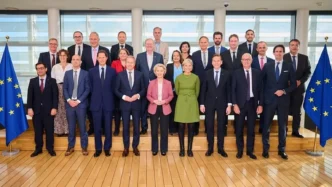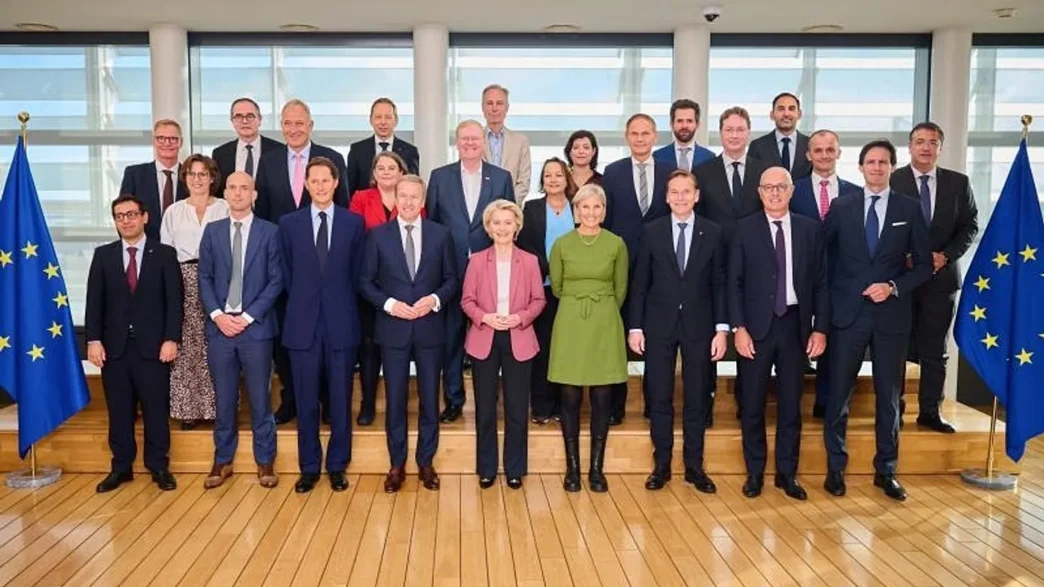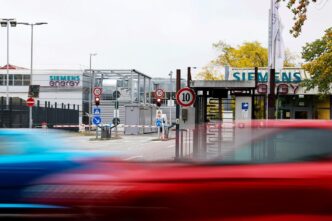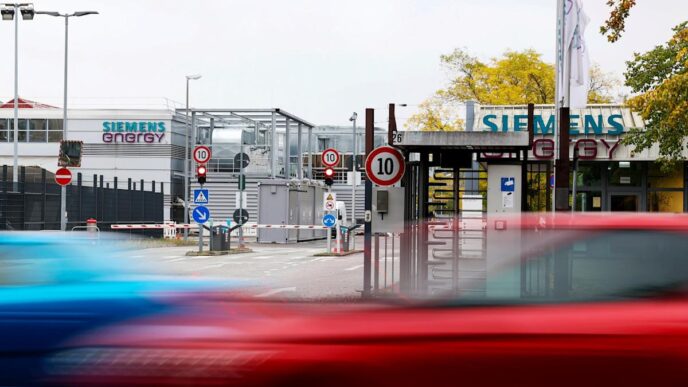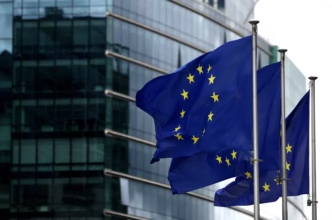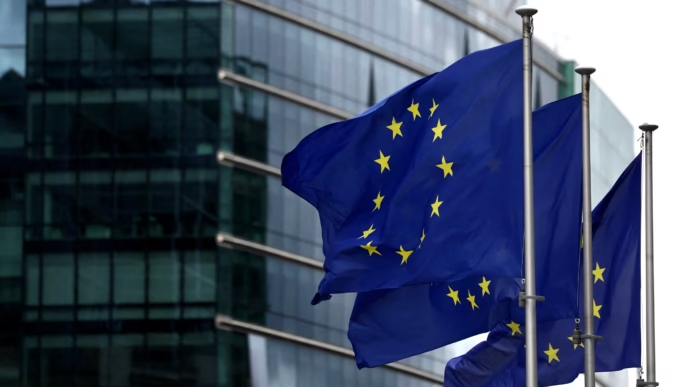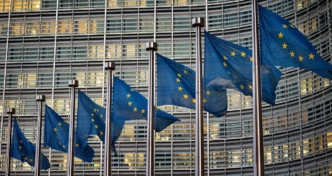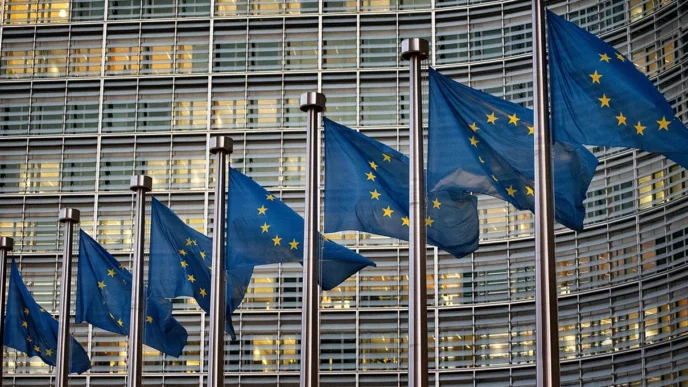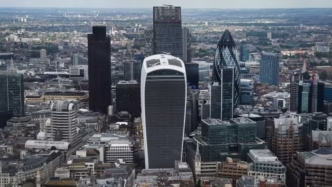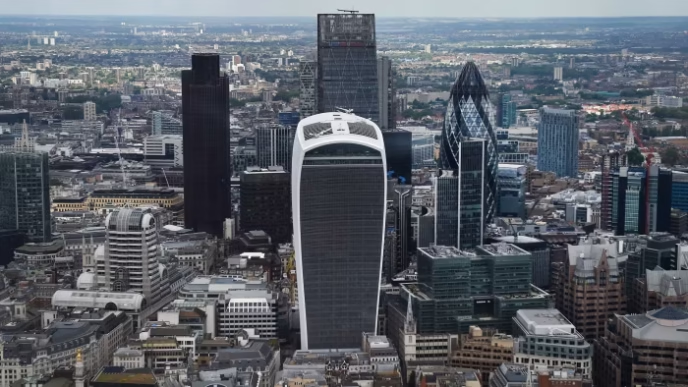Europe’s automotive industry, once defined by roaring combustion engines and a century of mechanical innovation, is now at the edge of a definitive transformation. At the recent EU Auto Summit, industry leaders, policymakers, and innovators converged to send a clear and uncompromising message: regardless of current market challenges, the trajectory of the automobile industry is set, and it is electric.
A Unified Vision for Change
The summit, held in Brussels, gathered executives from Europe’s biggest carmakers—Volkswagen, BMW, Mercedes-Benz, Stellantis, and Renault—alongside EU officials and energy experts. The tone was resolute. “There may be obstacles, but there is no alternative to electrification,” one commissioner declared during opening remarks.
This consensus comes after years of debate over whether hybrids, synthetic fuels, or incremental efficiency gains might prolong the era of internal combustion. The latest discussions, however, indicate that both regulatory pressure and market forces are pushing the industry to accelerate the adoption of electric vehicles (EVs).
Regulatory Push and Climate Commitments
The EU has already legislated ambitious climate goals, including a ban on the sale of new combustion engine cars by 2035. These regulations, alongside stringent emissions targets for 2030, have left automakers with little room to maneuver.
Critics argue that infrastructure gaps, high battery costs, and consumer hesitancy still pose major hurdles. Yet EU policymakers maintain that investment in charging networks, renewable energy, and battery supply chains is expanding at a pace that will soon eliminate those barriers.
Industry Challenges and Strategic Shifts
Automakers attending the summit voiced cautious optimism. While demand for EVs has slowed in some markets due to inflation and higher borrowing costs, most companies reaffirmed their long-term strategies.
- Volkswagen reiterated its €180 billion investment plan to expand EV production and software development.
- Mercedes-Benz highlighted its upcoming lineup of luxury EVs aimed at competing with Tesla and Chinese rivals.
- Stellantis emphasized affordability, announcing plans to roll out mass-market electric models priced below €25,000.
Battery production also dominated discussions, with calls for Europe to reduce dependency on Asian suppliers. Several CEOs pressed the EU to accelerate permitting processes for gigafactories and critical mineral projects.
The Chinese Competition Factor
An underlying theme of the summit was the growing competitive pressure from China, which now leads the world in EV production and affordability. Chinese brands like BYD and NIO are already entering European markets, forcing European manufacturers to rethink pricing strategies and scale-up production efficiency.
Policymakers hinted at possible trade defense measures, including tariffs on subsidized Chinese EVs, but industry leaders emphasized that protectionism alone cannot secure Europe’s future. Innovation, they argued, must be the real shield.
Consumers at the Center
Beyond technology and trade, consumer adoption was a recurring topic. The EU pledged additional incentives to make EVs more accessible, particularly in lower-income member states where adoption rates remain low. Car-sharing, subscription models, and used EV markets were also discussed as ways to accelerate the transition for households unable to afford new vehicles.
The Road Ahead
The EU Auto Summit concluded with a joint declaration underscoring the inevitability of electrification. “The future is not in question,” said one participant. “What matters is how quickly we can get there and how inclusive that journey will be.”
Despite market turbulence and political resistance from some quarters, Europe’s automotive sector appears determined to press forward. Investments are being made, supply chains are being reorganized, and consumers are gradually warming up to the idea that the car of tomorrow runs on batteries, not gasoline.
Conclusion
The message from Brussels is unambiguous: the combustion engine’s days are numbered. For automakers, suppliers, and consumers alike, the shift to electric mobility is no longer a matter of “if” but “when.” And judging by the summit’s tone, that “when” is arriving much sooner than many once thought.

